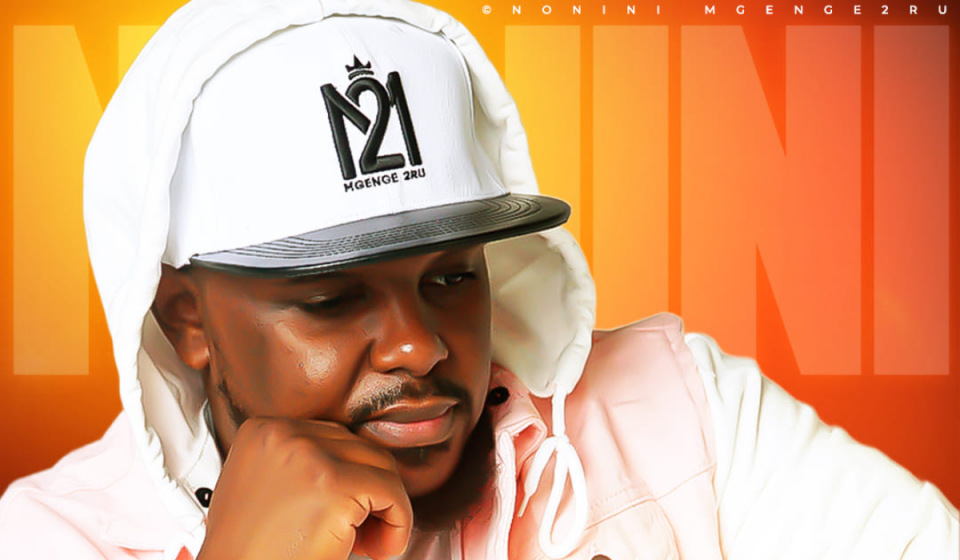Before Gengetone: 2000s Kenyan Hits That Walked So Today’s Bangers Could Run
23 May 2025

image:Mdundo.com
Writer:Yvonee Githinji
[Download Ohangla Dj Mixes on Mdundo.
Before Gengetone brought its gritty street slang and viral TikTok moves, Kenyan music in the early 2000s had already laid down the tracks—both literally and figuratively. This was the era of local music giants like Jua Cali, Nonini, Nameless, and E-Sir. These artists didn’t just make music—they defined a generation, creating a sound so uniquely Kenyan it couldn’t be mistaken for anything else.
Jua Cali was the undisputed king of Genge, the genre that put Sheng and everyday Nairobi life at the center of mainstream music. With hits like Ngeli ya Genge and "Bidii Yangu", he wasn't just making noise—he was speaking our language, telling our stories, and turning our realities into rhythm. Jua Cali's music was relatable, raw, and proudly local.
Nonini, on the other hand, brought a bold, often controversial edge to the scene. His hit Manzi wa Nairobi became an anthem for city girls and was one of the first tracks to unabashedly celebrate urban Kenyan women. Whether you loved him or cringed at his lyrics, one thing was certain—Nonini had the streets talking.
Then came Nameless, the smooth operator of the trio. He had crossover appeal, mastering the balance between party hits and soulful melodies. Tracks like Ninanoki (with Amani) and Sinzia were instant classics—played at high school discos, family parties, and wedding receptions alike. He was that artist your mum, crush, and DJ all agreed on.
We also can't forget E-Sir, whose lyrical talent and poetic flow were gone too soon. His song Boomba Train with Nameless is still a fan favorite, a reminder of his unmatched potential. E-Sir didn’t just rap—he inspired. He proved that rap in Kiswahili and Sheng could be cool, commercial, and impactful.
And there were more: Amani, Kleptomaniax, Mr. Lenny, Big Pin, Necessary Noize—each brought a unique flavor to the early 2000s Kenyan sound. They dominated the music video charts, ruled matatu speakers, and gave us hits that still slap two decades later.
This era was about originality. Before auto-tune flooded the market, these artists relied on storytelling, personality, and sheer charisma. They gave us music that lived on radio, TV, matatus, and our hearts. Their influence made it possible for Gengetone artists like Ethic, Mbogi Genje, and Ssaru to boldly embrace Sheng and speak directly to Kenya’s streets.
Without this foundation, there would be no Lamba Lolo, no Sipangwingwi, and certainly no pride in Kenyan slang being used on global platforms.





Leave your comment